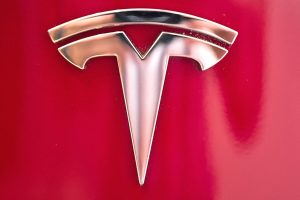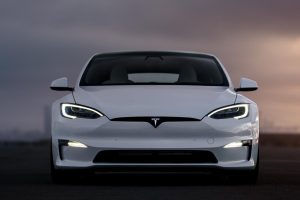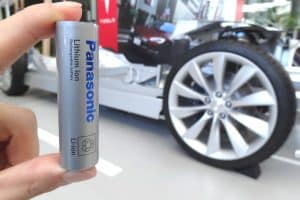- 💼 Polestar, an electric vehicle (EV) maker, is leaving the Federal Chamber of Automotive Industries (FCAI) in Australia.
- 🚗 Polestar’s departure from the lobby group follows Tesla’s decision to exit, both citing concerns over campaigns against stricter emissions standards.
- 📝 Polestar Australia Head, Samantha Johnson, expressed the brand’s disapproval of funding campaigns that impede emissions reduction efforts.
- 💰 The FCAI opposes the New Vehicle Efficiency Scheme (NVES), fearing price increases and limited consumer choice, particularly in the pickup segment.
- 🇦🇺 The Australian government plans to implement the NVES next year, aiming to penalize emissions-heavy vehicles and reward those with cleaner tailpipe emissions.
In recent automotive news, Polestar, a prominent electric vehicle (EV) maker, has made waves by announcing its departure from the Federal Chamber of Automotive Industries (FCAI) in Australia. This decision follows closely on the heels of Tesla’s exit from the same lobby group, both citing concerns over campaigns against stricter emissions standards. Let’s delve deeper into this development and its implications for the automotive industry.
Polestar’s Departure: A Stand for Environmental Advocacy
Polestar, known for its commitment to sustainability and innovation in the EV sector, has taken a bold stance by withdrawing from the FCAI. Samantha Johnson, Polestar Australia Head, expressed the brand’s disapproval of funding campaigns that hinder emissions reduction efforts. This move underscores Polestar’s dedication to environmental advocacy and aligns with its mission to drive positive change within the automotive landscape.
Echoes of Tesla’s Decision
Polestar’s departure from the FCAI mirrors Tesla’s earlier decision to exit the lobby group. Both companies voiced concerns over the FCAI’s opposition to stricter emissions standards, particularly in light of the Australian government’s plans to implement the New Vehicle Efficiency Scheme (NVES). This scheme aims to penalize emissions-heavy vehicles while incentivizing cleaner alternatives, reflecting a global shift towards sustainable transportation solutions.
The FCAI’s Stance: Balancing Economics and Environmental Responsibility
On the other side of the debate, the FCAI has expressed reservations about the NVES, citing potential price increases and limited consumer choice, especially within the pickup segment. While economic considerations are valid, it’s essential to recognize the urgency of addressing climate change and reducing carbon emissions. Striking a balance between economic interests and environmental responsibility remains a pressing challenge for the automotive industry.
The Path Forward: Collaborative Solutions for a Sustainable Future
As the automotive landscape evolves, it’s crucial for industry stakeholders to come together and collaborate on solutions that prioritize sustainability. Initiatives like the NVES represent significant steps towards reducing carbon emissions and mitigating the impacts of climate change. However, finding common ground between competing interests will require open dialogue, innovative thinking, and a shared commitment to environmental stewardship.
Conclusion: Driving Towards a Greener Tomorrow
Polestar’s decision to depart from the FCAI sends a powerful message about the importance of environmental advocacy in the automotive industry. By taking a stand for emissions standards and sustainability, Polestar reaffirms its commitment to driving positive change and shaping a greener future for generations to come.





